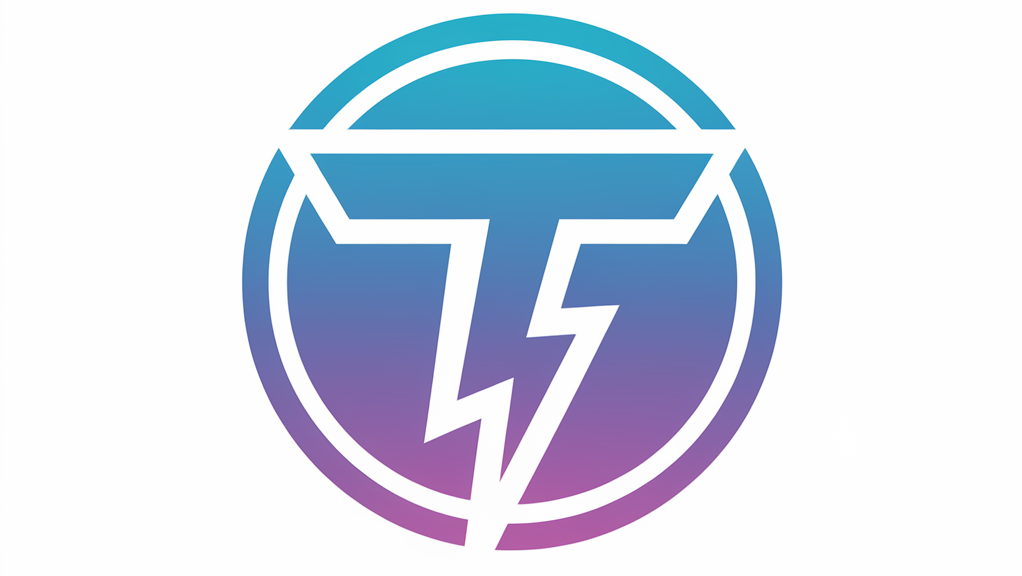The Internet of Things (IoT): Connecting the World Around Us
The Internet of Things (IoT) has become a buzzword in the tech world, signifying a shift toward a more connected and automated future. With billions of devices linked together, IoT is transforming industries and enhancing everyday life. This blog explores what IoT is, its applications, benefits, and the challenges it poses.
What is IoT?
The Internet of Things refers to the network of physical devices, vehicles, appliances, and other objects embedded with sensors, software, and connectivity, allowing them to collect and exchange data. These “smart” devices communicate with each other and with centralized systems to create a seamlessly connected ecosystem.
Key components of IoT include:
- Sensors and Actuators: Devices that collect data and perform actions.
- Connectivity: Communication protocols like Wi-Fi, Bluetooth, and 5G enable data transfer.
- Data Processing: Cloud or edge computing systems analyze and process data.
- User Interface: Applications and dashboards provide insights and control over IoT devices.
Applications of IoT
- Smart Homes: IoT powers devices like smart thermostats, lighting systems, security cameras, and voice assistants, making homes more efficient and convenient.
- Healthcare: Wearable devices, such as fitness trackers and smartwatches, monitor health metrics in real-time. IoT also supports remote patient monitoring and telemedicine.
- Agriculture: IoT-enabled sensors monitor soil moisture, weather conditions, and crop health, helping farmers optimize yields and conserve resources.
- Industrial IoT (IIoT): Factories use IoT to monitor machinery, improve efficiency, and predict maintenance needs, leading to cost savings and reduced downtime.
- Transportation: IoT facilitates smart traffic management, connected vehicles, and fleet tracking, enhancing road safety and reducing congestion.
- Retail: Smart shelves, inventory management systems, and personalized shopping experiences are revolutionizing the retail industry.
Benefits of IoT
- Efficiency: IoT automates routine tasks, optimizing resource usage and reducing waste.
- Cost Savings: Predictive maintenance and efficient energy usage lead to significant cost reductions for businesses and consumers.
- Enhanced Decision-Making: Real-time data collection and analysis provide actionable insights for informed decision-making.
- Improved Quality of Life: Smart devices simplify everyday tasks and enhance safety, comfort, and convenience.
- Environmental Impact: IoT helps monitor and reduce energy consumption, contributing to sustainability efforts.
Challenges of IoT
- Security Risks: IoT devices are vulnerable to cyberattacks, potentially compromising sensitive data and critical systems.
- Privacy Concerns: The vast amount of data collected by IoT devices raises issues regarding user consent and data misuse.
- Interoperability: Ensuring seamless communication between devices from different manufacturers is a significant challenge.
- Scalability: Managing and processing data from billions of devices requires robust infrastructure and efficient systems.
- Energy Consumption: IoT devices rely on power, and scaling the network can increase energy demand.
The Future of IoT
The IoT ecosystem is expected to expand exponentially in the coming years. Emerging trends include:
- 5G Connectivity: Faster and more reliable connections will unlock new possibilities for IoT applications.
- Edge Computing: Processing data closer to its source reduces latency and enhances real-time decision-making.
- IoT in Smart Cities: IoT will play a central role in creating efficient, sustainable, and livable urban environments.
- AI Integration: Combining IoT with artificial intelligence will enable smarter automation and advanced analytics.
Conclusion
The Internet of Things is more than just a technological advancement; it’s a paradigm shift in how we interact with the world around us. By connecting devices, IoT is unlocking new opportunities for innovation, efficiency, and convenience. While challenges remain, the ongoing evolution of IoT promises to reshape industries and enhance lives on an unprecedented scale.
